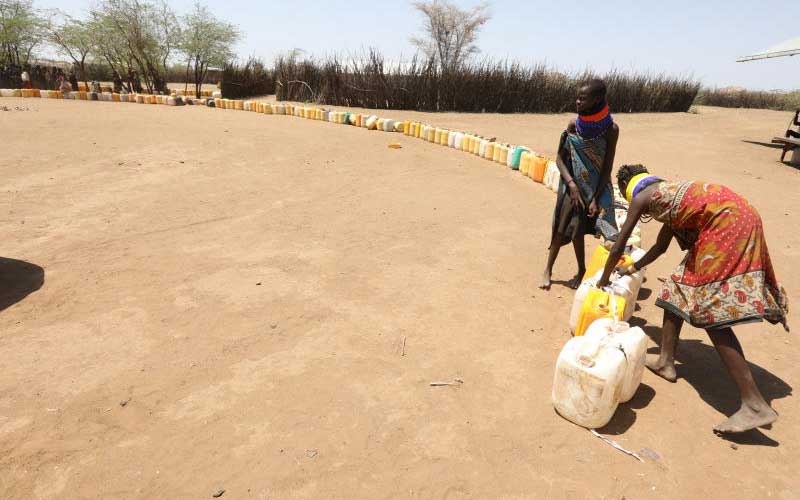×
The Standard e-Paper
Fearless, Trusted News

Access to water is the greatest challenge facing marginalised communities living in Kenya.
This is according to a new report titled ‘Participation of ethnic minorities and marginalised communities in political and other governance processes; realities and approaches’ released on Friday by Katiba Institute.